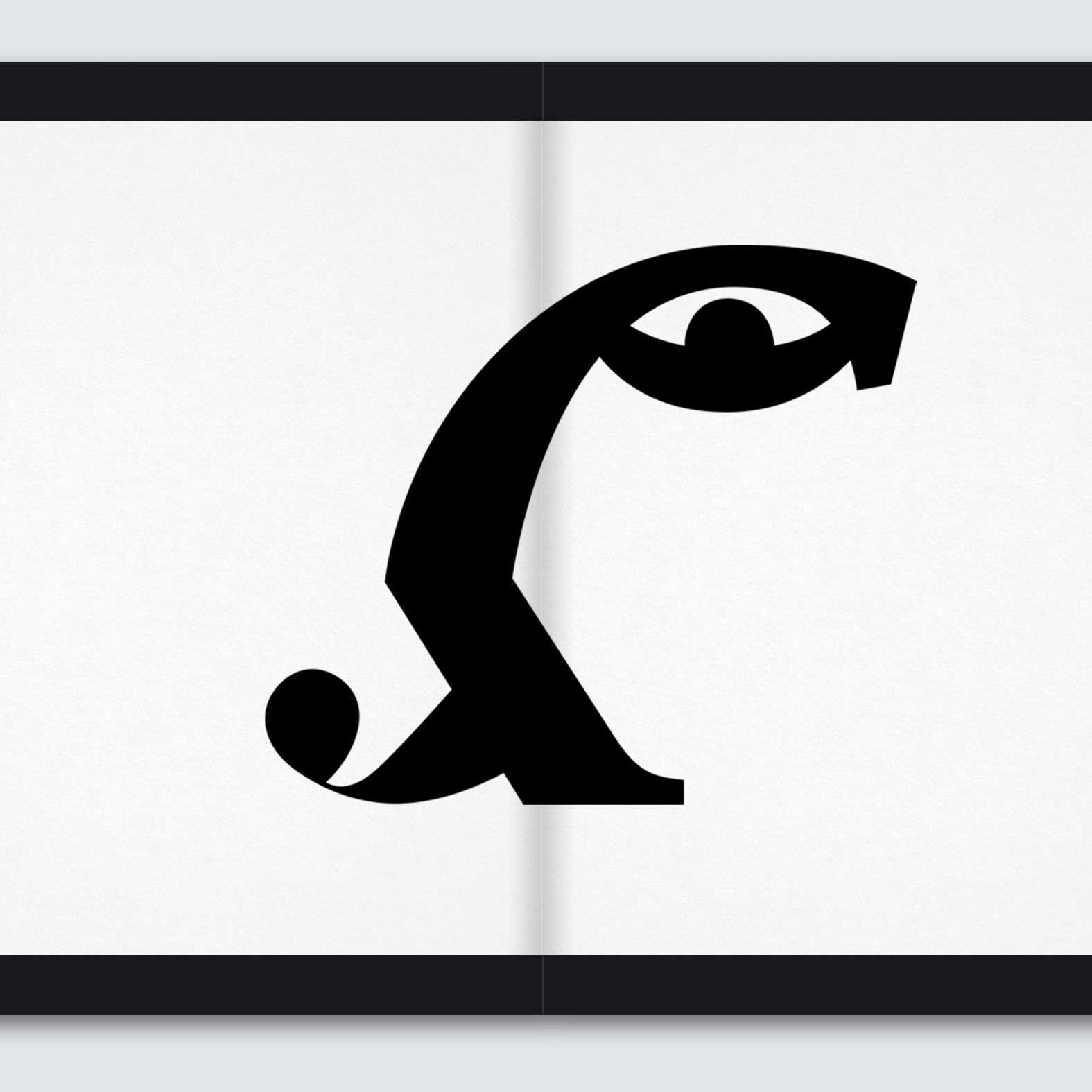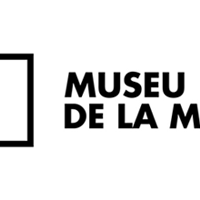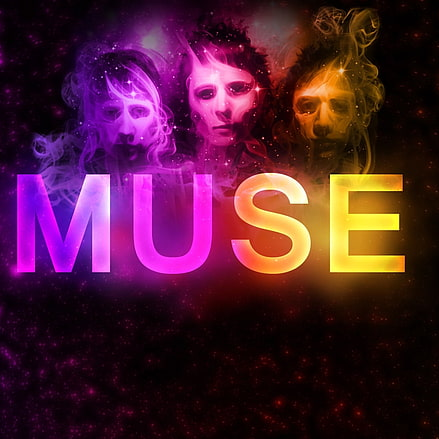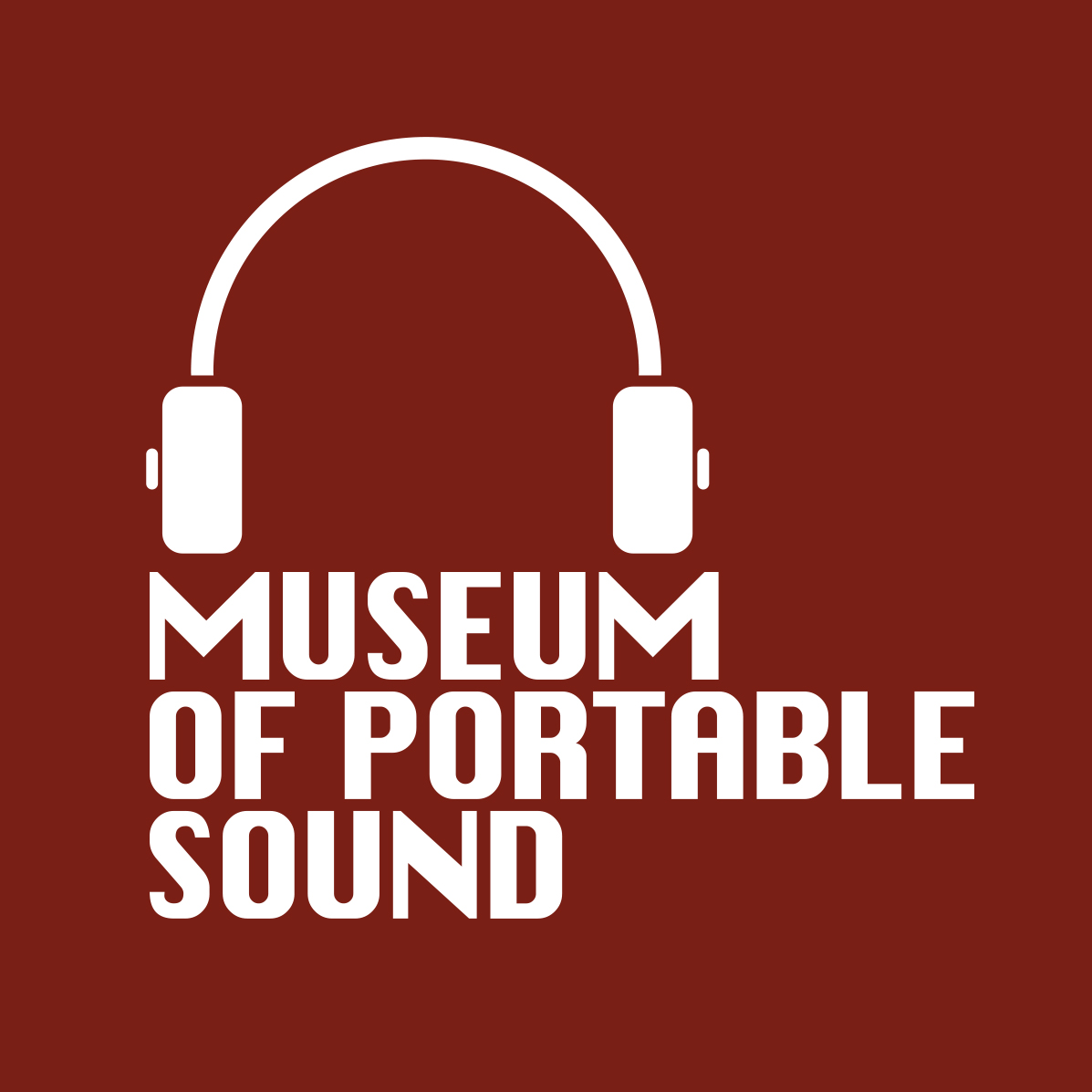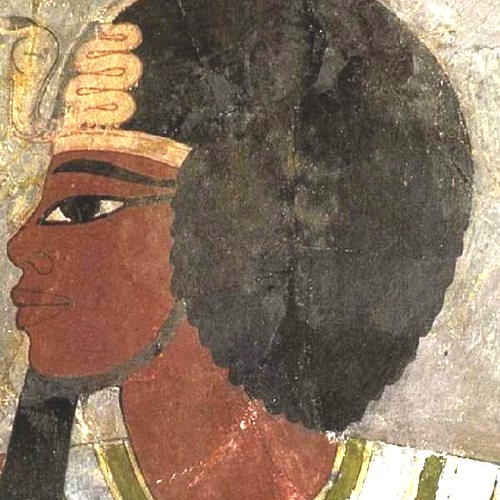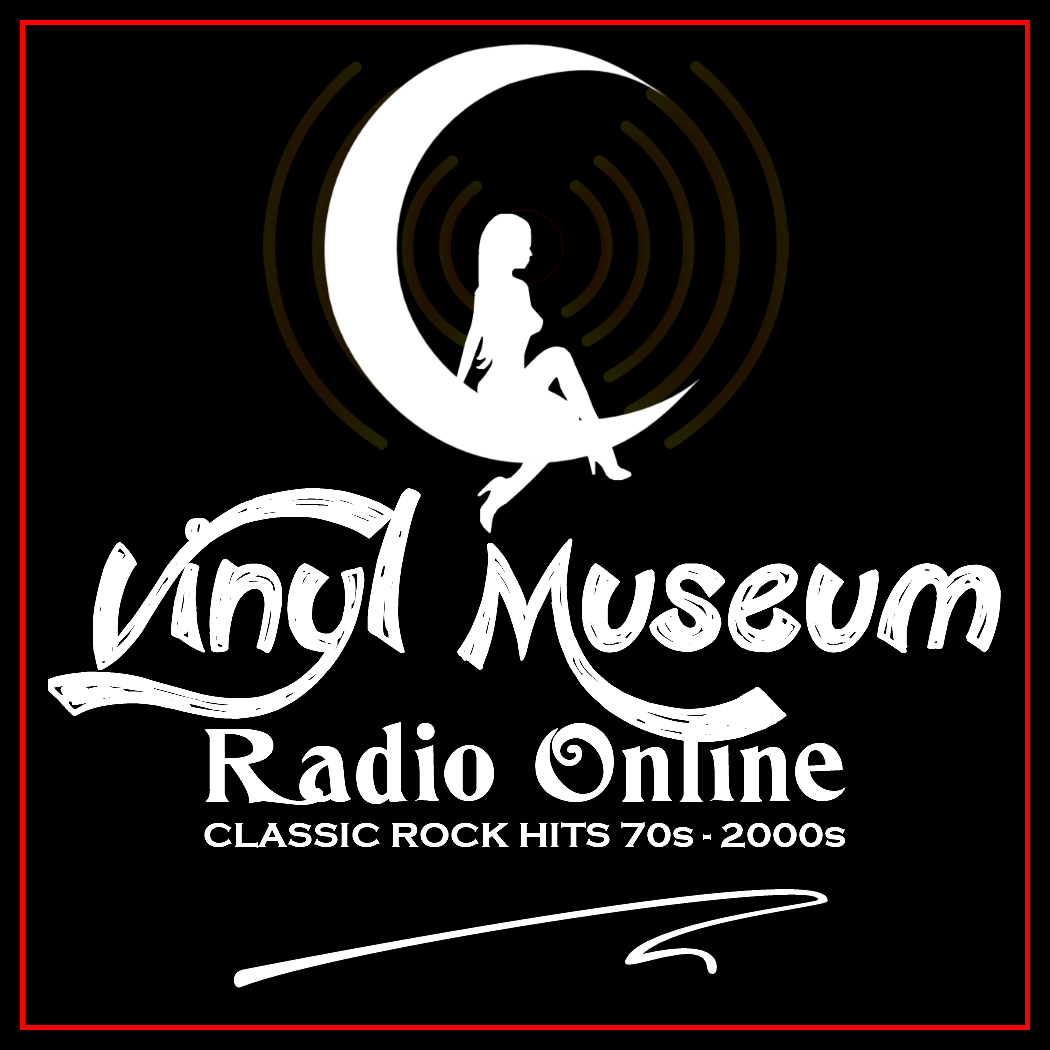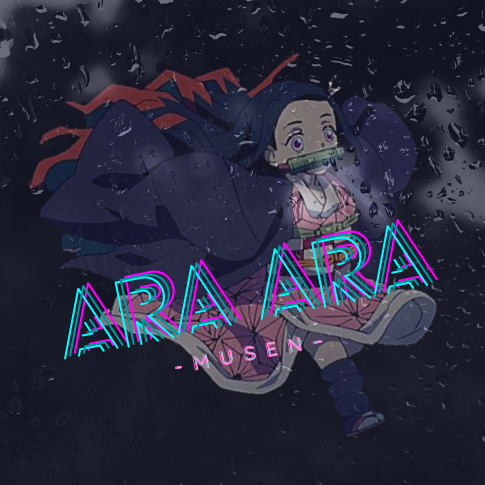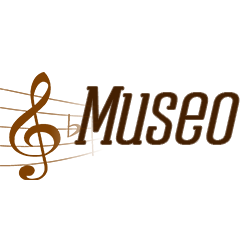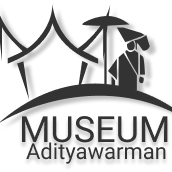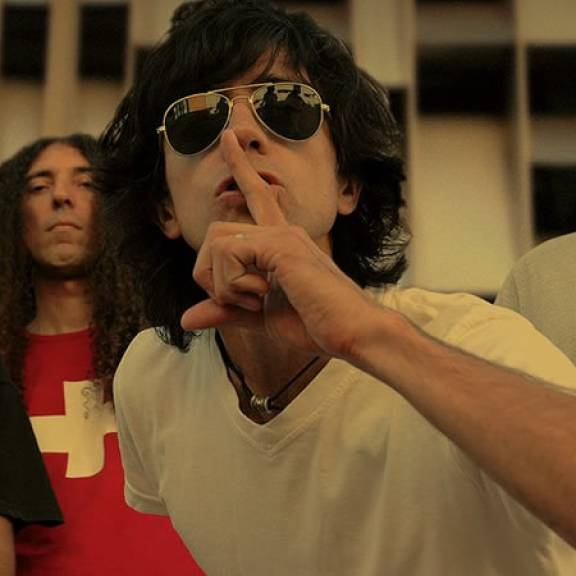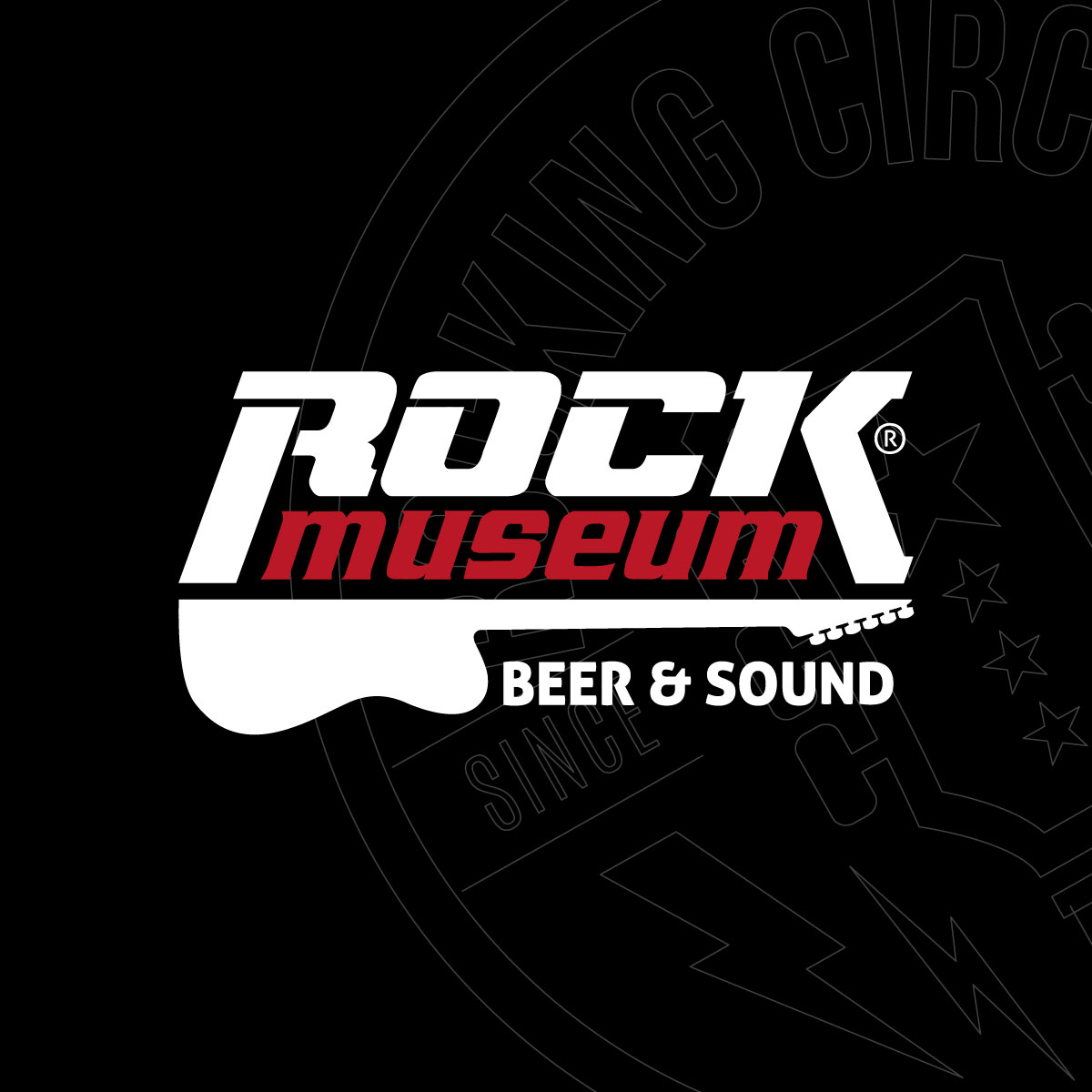Important Information
As of January 1, 2020, Radionomy will migrate towards the Shoutcast platform. This evolution is part of the Group’s wish to offer all digital radio producers new professional-quality tools to better meet their needs.
Shoutcast has been a leader throughout the world in digital radio. It provides detailed statistics and helps its users to develop their audience. More than a thousand partners carry Shoutcast stations to their connected apps and devices.
Discover the Shoutcast solution.
Muse / 25 search results
Sort by relevance popularity name newest
Muse
Muse are an English rock band from Teignmouth, Devon, formed in 1994. The band consists of school friends Matthew Bellamy (lead vocals, lead guitar, piano, keyboards, keytar), Christopher Wolstenholme (bass, vocals, keyboards) and Dominic Howard (drums, percussion, synthesisers).Since the release of their 2006 album Black Holes and Revelations, keyboardist and percussionist Morgan Nicholls has performed live with the band. Muse are known for their energetic and extravagant live performances and their fusion of many music genres, including space rock, progressive rock, alternative rock, symphonic rock and electronica.Muse have released six studio albums: Showbiz (1999), Origin of Symmetry (2001), Absolution (2003), Black Holes and Revelations (2006), The Resistance (2009) and The 2nd Law (2012). They have also issued four live albums, Hullabaloo Soundtrack (2002), which is also a compilation of B-sides, Absolution Tour, which documents several of the band's performances such as Glastonbury Festival 2004 (2005), HAARP (2008), which documents the band's performances at Wembley Stadium in 2007 and Live at Rome Olympic Stadium which was shot in 4k and taken from the band's successful Rome show during The 2nd Law World Tour.Black Holes and Revelations earned the band a Mercury Prize nomination and a third place finish in the NME Albums of the Year list for 2006. Muse have also won a collection of music awards throughout their history, including five MTV Europe Music Awards, six Q Awards, eight NME Awards, two Brit Awards—winning "Best British Live Act" twice, an MTV Video Music Award, four Kerrang! Awards and an American Music Award. They were also nominated for five Grammy Awards, of which they won Best Rock Album, for their fifth studio album The Resistance (2009). As of June 2012, Muse have sold over 15 million albums worldwide.1994–1998: Formation and early yearsThe members of Muse played in separate school bands during their stay at Teignmouth Community College in the early 1990s, but the formation of Muse began when Bellamy successfully auditioned for the part of guitarist in Dominic Howard's band, Carnage Mayhem. They asked Chris Wolstenholme – who played the drums at the time – to learn to play bass guitar for the band, Wolstenholme agreed and took up lessons, while Bellamy had to become singer and songwriter for the band. The other original band members left after Bellamy suggested that they write their own songs rather than doing covers.Bellamy and Howard's first band name was Gothic Plague. They later changed the name to Fixed Penalty and then to Rocket Baby Dolls. In 1994 the band used the name Rocket Baby Dolls with a goth/glam image to compete in a local battle of the bands. The band won the contest, smashing their equipment in the process. "It was supposed to be a protest, a statement", Bellamy said, "so, when we actually won, it was a real shock, a massive shock. After that, we started taking ourselves seriously." Shortly after the contest, the three decided to forget university, quit their jobs, change the band name to Muse (1994–1995), and move away from Teignmouth. The name "Muse" was supposedly inspired by Matthew Bellamy's art teacher Samuel Theoun. The band liked that it was short and thought that it looked good on a poster. Music journalist Mark Beaumont writes in his biography of the band, that they wanted the name to reflect "the sense Matt had that he had somehow 'summoned up' this band, the way mediums could summon up inspirational spirits at times of emotional need."1998–2000: First EPs and ShowbizAfter a few years building a fan base, Muse played their first gigs in London and Manchester supporting Skunk Anansie on tour. The band had a significant meeting with Dennis Smith, the owner of Sawmills Studio, situated in a converted water mill in Cornwall. He had seen the three boys grow up as he knew their parents and had a production company together with their future manager Safta Jaffery.This meeting led to their first proper recordings and the release of the Muse EP on 11 May 1998 on Sawmills' in-house Dangerous label. Their second EP, the Muscle Museum EP released on 11 January 1999, reached number 3 in the indie singles chart and attracted the attention of British radio broadcaster Steve Lamacq as well as the weekly British music publication NME. Dennis Smith introduced the band to Safta Jaffery, with whom he had recently started the record label Taste Media. Later in 1999, Muse performed on the Emerging Artist's stage at Woodstock 1999. Muse signed with Smith and Jaffery and recorded their first three albums: Showbiz (1999), Origin of Symmetry (2001), and Absolution (2003), with Taste Media.Despite the success of their second EP, British record companies were reluctant to sign Muse. After a trip to New York's CMJ Festival Nanci Walker, then Sr. Director of A&R at Columbia Records, flew Muse to the US to showcase for Columbia Records' then-Senior Vice-President of A&R, Tim Devine, as well as for American Recording's Rick Rubin. During this trip, on 24 December 1998, Muse signed a deal with American record label Maverick Records. Upon their return from America, Taste Media arranged deals for Muse with various record labels in Europe and Australia, allowing them to maintain control over their career in individual countries. John Leckie was brought in alongside the MUSE and Muscle Museum EP producer, Paul Reeve, to co produce the band's first record, Showbiz (1999). The album effectively showcased Muse's aggressive yet melancholic musical style. Lyrics in the songs referenced human relationships and difficulties they had encountered while trying to establish themselves in their hometown.2001–2002: Origin of Symmetry and HullabalooDuring production of the band's second album, Origin of Symmetry (2001), the band experimented with instrumentation such as a church organ, Mellotron, animal bones, and an expanded drum kit. There were more of Bellamy's high-pitched vocal lines, arpeggiated guitar, and piano playing. Bellamy cites guitar influences such as Jimi Hendrix and Tom Morello (of Rage Against the Machine and Audioslave), the latter evident in the more riff-based songs in Origin of Symmetry and in Bellamy's extensive use of pitch-shifting effects in his solos. The album also features a reworking of Anthony Newley and Leslie Bricusse's "Feeling Good". The track was later used as the backing for a Virgin Airways UK TV advertisement.In 2002, Muse threatened Celine Dion with legal action, when she planned to name her Las Vegas show as "Muse", despite the band owning the worldwide performing rights to the name. Dion offered Muse $50,000 for the rights, but they turned it down. Bellamy later stated, that "We don't want to turn up there with people thinking we're Celine Dion's backing band." Eventually Dion was forced to back down. Origin of Symmetry (2001) was well received by critics; NME gave the album 9/10 with Roger Morton writing: "It's amazing for such a young band to load up with a heritage that includes the darker visions of Cobain and Kafka, Mahler and The Tiger Lillies, Cronenberg and Schoenberg, and make a sexy, populist album. But Muse have carried it off."Maverick had reservations about Bellamy's vocal style on this album (considering it not to be "radio-friendly") and asked Muse to change some of their songs prior to US release. The band refused and left Maverick, resulting in Maverick's decision not to release Origin of Symmetry in the United States. The album was finally released in the US in September 2005, after Muse signed to Warner Bros.Muse released a live DVD, Hullabaloo, featuring live footage recorded during Muse's two gigs on consecutive nights at Le Zenith in Paris in 2001 and a documentary film of the band on tour. A double album, Hullabaloo Soundtrack, was released at the same time, containing a compilation of B-sides and a disc of recordings of songs from the Le Zenith performances. A double-A side single was also released featuring new songs "In Your World" and "Dead Star".2003–2005: AbsolutionAbsolution (produced by Rich Costey, Paul Reeve and John Cornfield) was released in September 2003 and debuted at number one in the UK. The album yielded their first top ten hit with "Time Is Running Out" and later three top-twenty hits: "Hysteria", "Sing for Absolution" and "Butterflies and Hurricanes".Muse subsequently undertook an international tour in support of the album. It continued for about a year and saw Muse visiting Australia, New Zealand, the United States, Canada, and France. Meanwhile, the band released six singles (one being for charity) ("Time Is Running Out", "Hysteria", "Sing for Absolution", Falling Away With You, Endlessly, "Stockholm Syndrome", "Butterflies and Hurricanes" and "Apocalypse Please"). The US leg of the 2004 tour began ominously as Bellamy injured himself on stage during the opening show in Atlanta. The tour resumed after Bellamy got several stitches and had a couple of days of rest.The band also played at the Glastonbury Festival in June 2004. After the festival, the band described the concert as "the best gig of our lives". Drummer Dominic Howard's father, William Howard, who attended the festival to watch the band, died from a heart attack shortly after the performance. "It was the biggest feeling of achievement we've ever had after coming offstage", Bellamy said. "It was almost surreal that an hour later his dad died. It was almost not believable. We spent about a week sort of just with Dom trying to support him. I think he was happy that at least his dad got to see him at probably what was the finest moment so far of the band's life". Muse then continued their tour. They won 2 MTV Europe awards, including "Best Alternative Act" and a Q Award for "Best Live Act". Muse also received an award for "Best British Live Act" at the Brit Awards. In July 2005, Muse participated in the Live 8 concert in Paris.In 2003, the band sued Nestlé, who used their cover "Feeling Good" for a Nescafé advertisement without the band's permission. The group donated the money won from the suit to Oxfam. A driving force behind the legal action was Muse bassist Christopher Wolstenholme, who had recently had his third child and was critical of Nestlé for promoting powdered milk to new mothers in developing countries.An unofficial and unauthorised DVD biography containing no Muse music called Manic Depression was released in April 2005; the band was not involved with the project and did not endorse the release.Another DVD, this time official, was released by the band on 12 December 2005, called Absolution Tour. The official release contained re-edited and re-mastered highlights from the Glastonbury Festival 2004 and previously unseen footage from London Earls Court, Wembley Arena, and the Wiltern Theatre in Los Angeles. Two songs, "Endlessly" and "Thoughts of a Dying Atheist", are hidden tracks on the DVD taken from Wembley Arena. The only song from Absolution not to appear on the live DVD is "Falling Away With You". Absolution eventually went Gold in the US.2006–2008: Black Holes and Revelations and HAARPIn 2006, Muse released their fourth album, Black Holes and Revelations, co-produced by Muse and Rich Costey. The album's title and themes are the result of the band's fascination with science fiction and political outrage.The album charted at No. 1 in the UK, much of Europe, and Australia. It was also a success in the United States, reaching number nine on the Billboard 200 album chart.Prior to the release of the new album, the band resumed making live performances, which had halted while recording, making a number of promotional TV appearances starting on 13 May 2006 at BBC Radio 1's Big Weekend. The Black Holes and Revelations Tour started just before the release of their album and initially consisted mostly of festival appearances, most notably a headline slot at the Reading and Leeds Festivals in August 2006. The band's main touring itinerary started with a tour of North America from late July to early August 2006. After the last of the summer festivals, a tour of Europe began, including a large arena tour of the UK.Black Holes and Revelations was nominated for the 2006 Mercury Music Prize, but lost to Arctic Monkeys. The album did, however, earn a Platinum Europe Award after selling one million copies in the continent. The first single from the album, "Supermassive Black Hole", was released as a download in May 2006. It was later followed by general releases as a single the next month, all ahead of the main album release. In August 2006, Muse recorded a live session at Abbey Road Studios for Live from Abbey Road.The second single, "Starlight", was released in September 2006. "Knights of Cydonia" was released in the US as a radio-only single in June 2006 and in the UK in November 2006. "Knights of Cydonia" was voted number 1 in the world's largest music poll Australian Radio's Triple J Hottest 100 for 2007 and 18th in Triple J's Hottest 100 of All Time in 2009. The fourth single from the album, "Invincible", was then released in April 2007. Another single, "Map of the Problematique", was released for digital download only in June 2007, following the band's performance at Wembley Stadium.The band spent November and much of December 2006 touring Europe with British band Noisettes as the supporting act. The tour continued in Australia, New Zealand, and Southeast Asia in early 2007 before returning to England for the summer. At the 2007 Brit Awards in February, Muse received their second award for Best British Live Act.Possibly their biggest performances to date were two gigs at the newly rebuilt Wembley Stadium on 16 and 17 June 2007, which they opened using the piece "Montagues and Capulets", which is titled as "Intro" on the album's back. Both Wembley concerts were recorded for a DVD/CD titled HAARP, which was released on 17 March 2008 in the UK and 1 April 2008 in the US. It was named the 40th greatest live album of all time by NME.The touring continued across Europe in July 2007 before heading back to the US in August, where they played to a sold out crowd at Madison Square Garden, New York. They earned a headline spot on the second night of the Austin City Limits Music Festival on 15 September 2007, after The White Stripes cancelled their performance. Not long after, they also performed at the October 2007 Vegoose in Las Vegas alongside bands like Rage Against the Machine, Daft Punk, and Queens of the Stone Age.Muse continued touring in Eastern Europe, Russia, and Scandinavia before moving on to Australia and New Zealand. Muse played their final show of the Black Holes and Revelations tour as headliner of the KROQ Almost Acoustic Christmas after playing to sell-out crowds throughout Southeast Asia, Australia, the United States, and New Zealand.A number of individual live appearances also occurred in 2008. In March, they played concerts in Dubai, Johannesburg, and Cape Town. On 12 April they played a one-off concert at the Royal Albert Hall in aid of the Teenage Cancer Trust.Muse were present at Rock in Rio Lisboa on 6 June 2008, along other bands such as Kaiser Chiefs, The Offspring and Linkin Park. The band also performed at a new gig in Marlay Park, Dublin on 13 August and were set to play at a gig in Belfast on 14 August. However, the Belfast date was dismissed according to the Belfast Telegraph. Kasabian and Glasvegas supported Muse on their Irish date. A few days later, they were the headline act at V Festival 2008, playing in Chelmsford on Saturday 16 August and Staffordshire on Sunday 17 August. They also hinted at the possibility of a future stadium tour or concerts in South America. On 25 September 2008, Bellamy, Howard and Wolstenholme all received an Honorary Doctorate of Arts from the University of Plymouth for their contributions to music.2009–2011: The ResistanceThe band's fifth studio album The Resistance was released in September 2009. It is the first Muse album to have been produced by the band itself. The album was engineered by Adrian Bushby and mixed by Mark Stent. On its release, it topped the album charts in 19 countries, became the band's third number one album in the UK, and reached number three on the Billboard 200.Critics were mostly positive about the album, with much of the praise directed towards its ambition, classical music influences and the thirteen-minute, three-part "Exogenesis: Symphony". It also beat its predecessor Black Holes and Revelations in relative album sales in its debut week in the UK with approximately 148,000 copies sold. The first single, "Uprising", was released seven days earlier. On 13 September, Muse performed "Uprising" at the 2009 MTV Video Music Awards in New York City.The Resistance Tour started with a Seaside Rendezvous in Teignmouth, Devon in September 2009 and included headlining Coachella Festival in April 2010. It also included two gigs at Wembley Stadium in September 2010. The band also supported the U2 360° Tour. In the "Breakfast with Muse Concert" KROQ-FM held, Muse was asked, how long they would be on tour. They commented saying in a paraphrase: "We will probably be touring until the end of next year. We will be doing this U2 and European tour and ship off to Australia and Asia and return for an extensive US tour. It will actually be our longest US tour to date. Starting at about the end of February or March."In January 2010, Muse headlined the Big Day Out festival at its various venues in Australia and New Zealand starting with Auckland and eventually ending with Perth. Muse headlined Coachella on Saturday 17 April. Muse also headlined the Glastonbury Festival 2010 along with Gorillaz and Stevie Wonder as well as the Oxegen festival in 2010 alongside Arcade Fire and Eminem. The group were also headline on the 2010 Hovefestivalen, as well as T in the Park 2010 and among other festivals, including the Austin City Limits Music Festival.On 20 April 2010, the band announced fourteen dates for a North American tour, which were to be held between September and November 2010. In addition to this, the band had added further four dates to their forthcoming North American tour, on 28 April 2010.On 7 May 2010, it was announced, that Muse would provide a pre-written song to be the lead single for the third film of The Twilight Saga: Eclipse. The soundtrack's lead single "Neutron Star Collision (Love Is Forever)" was released on 17 May 2010. This was the band's third appearance in the soundtrack of a Twilight film.Muse played at Glastonbury in June 2010 and were joined onstage by The Edge from U2 to play "Where the Streets Have No Name", after U2 pulled out of their headlining slot due to lead singer Bono's back injury.Muse's fearsome live reputation helped secure them the O2 Silver Clef Award in London on 2 July 2010. The award was presented by Roger Taylor and Brian May. Taylor described the trio as "probably the greatest live act in the world today", while May said that "this is a magnificent, incredible group."On 12 September 2010, Muse won a MTV Video Music Award in the category of Best Special Effects, for the "Uprising" promo. On 21 November, Muse took home an American Music Award for Favorite Artist in the Alternative Rock Music Category. On 2 December, Muse were nominated for three awards for the 53rd Grammy Awards on 13 February 2011, for which they won the Grammy Award for Best Rock Album for The Resistance.Based on having the largest airplay and sales in the US, Muse were named the Billboard Alternative Songs and Rock Songs artist for 2010 with "Uprising", "Resistance" and "Undisclosed Desires" achieving 1st, 6th and 49th on the year end Alternative Song chart respectively.On 30 July 2011, Muse supported Rage Against the Machine at their only 2011 gig at the L.A. Rising festival. Muse were chosen by Rage Against the Machine themselves along with Rise Against, Lauryn Hill, Immortal Technique and El Gran Silencio. On 13 August, Muse headlined the Outside Lands Music and Arts Festival in San Francisco.Muse headlined the Reading and Leeds Festivals in August 2011. To celebrate the tenth anniversary of their second studio album Origin of Symmetry (2001), the band performed all eleven tracks from top to bottom during their set. Muse also headlined Lollapalooza in Chicago's Grant Park in August 2011.2012–2013: The 2nd Law and Live at Rome Olympic StadiumIn an interview with Billboard on 18 October 2011, the band's manager Anthony Addis revealed that Muse had begun recording their sixth album in London and that he expected it to be released by October 2012. Bellamy jokingly described the album as a "christian gangsta rap jazz odyssey, with some ambient rebellious dubstep and face melting metal flamenco cowboy psychedelia" on his Twitter account.In an interview in the April 2012 issue of NME, Bellamy said that the band were set to include elements of electronic music, with influences coming from acts such as French house duo Justice and UK Electronic Rock group Does It Offend You, Yeah?, as well as the inclusion of brass players. Bellamy also confirmed a release date of autumn 2012 for the album in the interview.On 6 June 2012, Muse released a trailer for their next album, The 2nd Law, with a countdown on the band's website suggesting a 17 September release date, although the actual release date was 1 October 2012. The trailer, which included dubstep elements, was met with mixed reactions from fans.On 7 June 2012, Muse announced a European Arena tour; the first leg of currently ongoing gig: The 2nd Law Tour. The leg included dates in France, Spain and the United Kingdom as well as other countries. Muse's first single from the album, "Survival", was the official song of the London 2012 Summer Olympics. The single premièred on BBC Radio 1's Zane Lowe show on 27 June along with a prelude. Muse performed "Survival" at the Olympics closing ceremony.Muse revealed The 2nd Law tracklist on 13 July in an official announcement. The second single from The 2nd Law, "Madness", was released on 20 August 2012, and the music video for the song came out on 5 September. Muse played at The Roundhouse on 30 September to promote their new album as part of the iTunes Festival. The 2nd Law was released worldwide on 1 October, and on 2 October 2012 in the United States; the album subsequently reached number one in the UK Albums Chart, and number two on the US Billboard 200. The song "Madness" earned a nomination in the Best Rock Song category and the album itself was nominated for the Best Rock Album at the 55th Grammy Awards, 2013. The band performed the album's opening song, "Supremacy", with a full orchestra, at the 2013 BRIT Awards on 20 February 2013. The instrumental versions of two songs from the album, The 2nd Law: Isolated System and Follow Me, were also featured as background music in several instances in the 2013 film World War Z. Leading star and producer Brad Pitt explained in an interview that he was in search of a song that could be associated with the film like Mike Oldfield's iconic Tubular Bells is connected to The Exorcist. Pitt thought the songs were "exactly what we were looking for for the film".The band has released their third live album: Live at Rome Olympic Stadium, from 29 November 2013 in the CD/DVD and CD/Blu-ray formats. On 5 November 2013, the film will also get theatrical screenings in 20 cities worldwide, in the U.S. and Canada on 6 November 2013, in Europe, UK, Australia and Japan on 7 November 2013, on 12 November 2013 in Austria, Germany, Italy and Spain, on 19 November 2013 in Poland, and 22-24 November 2013 in Indonesia. This is the first concert filmed in 4K format. The album contains the band's performance at Rome's Stadio Olimpico on 6 July 2013, in front of a crowd of 60,963 people. The concert was a part of The Unsustainable Tour, which is a moniker for the band's summer 2013 European leg of The 2nd Law World Tour.2014–: Seventh studio albumDuring a gig in Helsinki, the band performed two songs from their 1990's B-Side library that had not been played in recent years: "Agitated" and "Yes Please". Both songs were not on the original set-list for the gig. Following the gig, Bellamy said: "We haven't played those songs in like 6 years... Something like that. That was a rehearsal. That's what the next album sounds like, okay?" He also stated how the band plans to return to the studio in 2014 after a short break.On November 25, 2013, Bellamy said he expected Muse's seventh album to be released in early 2015, saying: "The last two albums, we sort of veered away from our instruments a little bit. We sort of focused on things like synthesisers, drum machines and various electronics and stuff. I kind of feel like on this next album, we’re going to veer back towards musicianship again and focusing on our own instruments: guitar, bass and drums. It’s probably going to be a bit of a rawer album, and definitely a bit more rock, I’d say." Bellamy also mentioned the possibility of a concept album and a non-conventional release.Musical styleMuse are an alternative rock band and are often associated with space rock and progressive rock. Their music currently mixes sounds from genres such as electronic music, hard rock, experimental rock, classical music, rock opera and many others. The band was described as a "trashy three-piece" by Matthew Bellamy on the BBC during 2002. On the band's association with progressive rock, Dominic Howard has said: "I associate it [progressive rock\] with 10-minute guitar solos, but I guess we kind of come into the category. A lot of bands are quite ambitious with their music, mixing lots of different styles – and when I see that I think it's great. I've noticed that kind of thing becoming a bit more mainstream."Stylistic changesFor their second Origin of Symmetry (2001) album, the band wanted to enhance their sound into a more progressive, confident and aggressive sound: "Looking back, (Chris regarding to the sound of their previous album) there isn't much difference sonically between the mellow stuff and the heavier tracks. The heavy stuff really could have been a lot heavier and that's what we want to do with this album." Their third release, Absolution (2003), followed its predecessor's tendency, increasing the band's heaviness and intensity alongside its ambitious thematics. The album also features songs with prominent string arrangements and starts to draw influences from artists such as Queen. Their fourth album, Black Holes and Revelations (2006) is a more electronica – and space rock – oriented album, though some tracks keep the heaviness of the band's previous work, while others show a more melodic style, akin to the musical style of their first album, Showbiz (1999). Black Holes and Revelations was influenced by artists like Depeche Mode and Lightning Bolt, as well by various styles of Asian and European music, such as Naples music; additionally, the band listened to radio stations from the Middle East during the album's recording sessions.Muse's fifth album, The Resistance (2009) is centred on the symphonic rock and progressive rock genres, as demonstrated in the tracks "Resistance" and the "Exogenesis: Symphony". Although in places it is sonically softer than its predecessors, it still contains a number of 'heavy' compositions. The album is heavily influenced by classical music as well as rock acts such as Queen, Ultravox ("Guiding Light" features a heavy "Vienna" influence) and U2. Queen's guitarist Brian May has praised Muse's work, calling the band "extraordinary musicians", who "let their madness show through, always a good thing in an artist."Muse's sixth album, The 2nd Law (2012) has a much broader range of influences, ranging from funk and film scores to electronica and dubstep. The 2nd Law is influenced by rock acts such as Queen and Led Zeppelin (on "Supremacy") as well as dubstep producer Skrillex and Nero (on "The 2nd Law: Unsustainable" and "Follow Me", with the latter being co-produced by Nero), Michael Jackson, Stevie Wonder (on "Panic Station" which features musicians who performed on Stevie Wonder's "Superstition") and Hans Zimmer. Additionally, the album marks the first performance of bassist Chris Wolstenholme on lead vocals, who wrote two songs for the album about his battle with alcoholism – "Save Me" and "Liquid State".Critics have made comparisons between Muse's early work with the one from the English alternative rock band Radiohead, with criticism directed towards Bellamy's vocal style. Additionally, in a 1999 issue of the French magazine Rock Sound, Bellamy named The Bends by Radiohead and Nirvana's Nevermind as the most important albums of the decade. However since then the band have clarified these statements various times and have stated, that what they meant to say was, that Nirvana and Radiohead were the most successful alternative rock bands in the 1990s, and were influential to many bands, but that does not necessarily mean that Radiohead was an influence for them. On the other hand, Muse acknowledges Nirvana as a major influence. Bellamy has stated various times that Radiohead "really don't do much for [him\]" and attributes the similarities to the fact that both bands are notably influenced by the alternative rock musician Jeff Buckley.Musical approachesMany Muse songs are recognisable by lead vocalist Matthew Bellamy's use of vibrato, falsetto, and melismatic phrasing, influenced primarily by Jeff Buckley. As pianist, Matt Bellamy often utilises the broken chords technique (arpeggio) on several piano-based songs. Some influences in Bellamy's playing include late classical and Romantic era composers such as Sergei Rachmaninov (in "Butterflies and Hurricanes"), Pyotr Tchaikovsky, Hector Berlioz, Ludwig van Beethoven, Franz Liszt, Camille Saint-Saëns (in "I Belong to You (Mon Coeur S'ouvre À Ta Voix)"), and Frédéric Chopin (in "United States of Eurasia") among others. He also draws influence from more contemporary composers, namely Steve Reich and Philip Glass.In several Muse songs the bass line is used as the central motif, often with the guitar providing an extra layer to the song. The bass line adds embellishments in the lower register. The bass usually is fuzz bass, an overdriven, distorted tone. Other electronic effects are also applied to the bass tone to achieve a greater weight and depth. This allows the bass guitar to serve as counterfoil to the main chord progression, often playing higher notes, or electronic sounds. Both bass and guitar also play unison parts on occasion, adding emphasis to specific melodies and riffs (see "Hysteria" post-second chorus; "Dead Star" main riff). Both Matt and Chris use touch screen controllers, often built into their instruments; this touch screen can control a variety of synthesisers and digital effects pedals but is most often used with a Korg Kaoss pad and/or a Digitech Whammy pedal.As a guitarist, Bellamy often utilises arpeggiator and Pitch-shift effects to create a more "electronic" sound, citing Jimi Hendrix and Tom Morello as influences for this method. In contrast, his guitar playing is also influenced by a more classical harmonic aesthetic, particularly the style of Latin and Spanish guitar music, as Matt Bellamy cites: "I learnt some Spanish guitar music that opened up a world of different harmonies and making music and a different sort of passion, very heavy music but it hasn't got a distortion pedal."LyricalMost earlier Muse songs lyrically dealt with introspective themes, including relationships, social alienation, and difficulties they had encountered while trying to establish themselves in their hometown. However, with the band's progress, their song concepts have become more ambitious, addressing issues such as the fear of the evolution of technology in their Origin of Symmetry (2001) album. They deal mainly with the apocalypse in Absolution (2003) and with catastrophic war in Black Holes and Revelations (2006). The Resistance (2009) was a concept album based around the plot and themes of Nineteen Eighty-Four by George Orwell. Their latest album, The 2nd Law (2012) relates to economics, thermodynamics, and apocalyptic themes.Books that have influenced Muse's lyrical themes include:Nineteen Eighty-Four by George Orwell,Brainwashing: The Science of Thought Control by Kathleen TaylorConfessions of an Economic Hitman by John Perkins,Rule by Secrecy by Jim MarrsThe Grand Chessboard: American Primacy and Its Geostrategic Imperatives by Zbigniew BrzezinskiHyperspace by Michio Kaku,The 12th Planet by Zecharia Sitchin.World War Z by Max BrooksThe band has also been influenced by 19th-century political economist and social theorist Henry George (see geolibertarianism).
Read more about Muse
